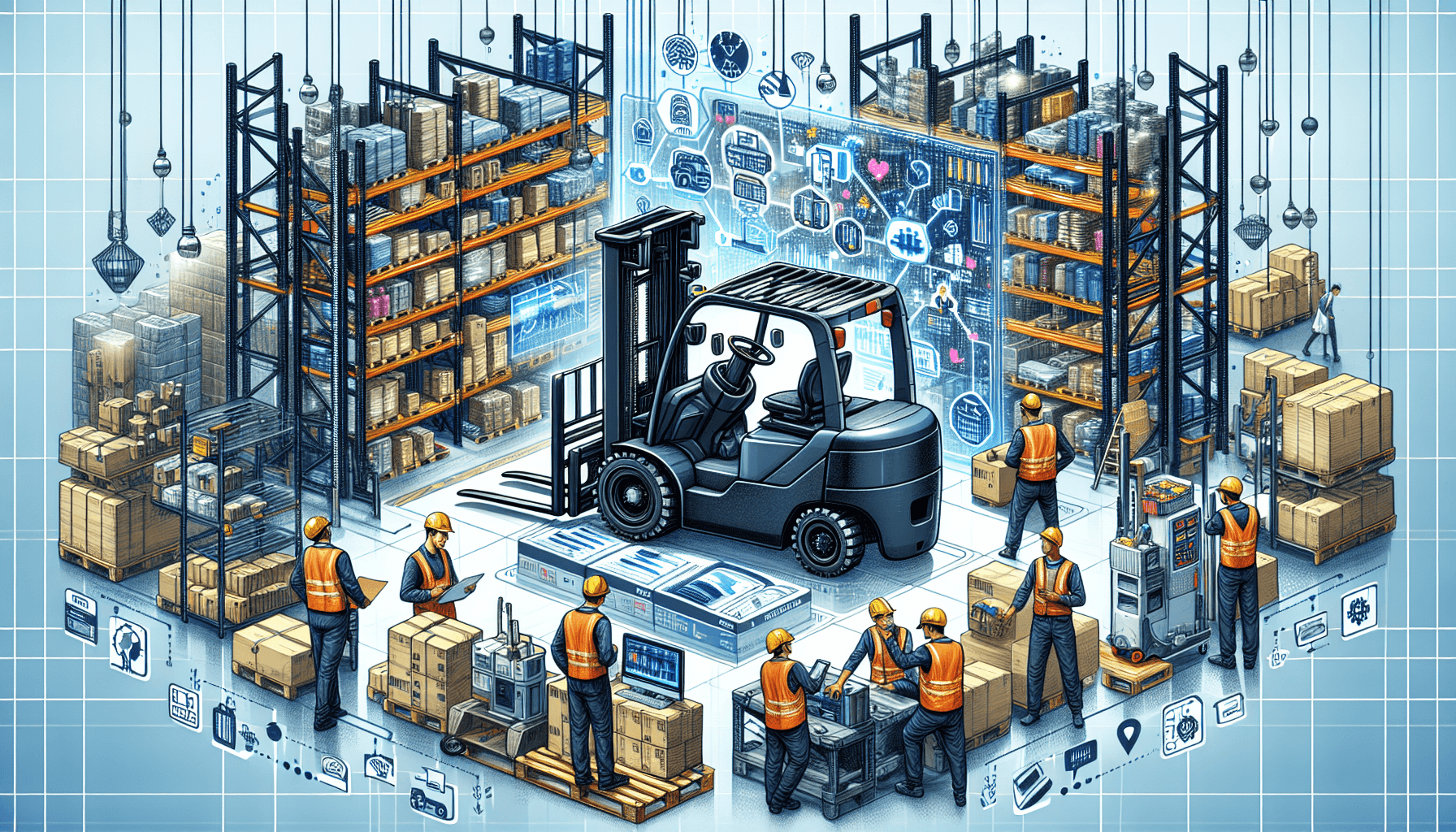When it comes to warehouse operations, efficient management of Material Handling Equipment (MHE) is crucial for the overall productivity and cost-effectiveness. High-use MHE such as forklifts, pallet jacks, and conveyors play a vital role in the smooth functioning of a warehouse. To ensure optimal performance and minimize downtime, it is essential to have a well-defined maintenance plan in place.
The Importance of MHE Maintenance
MHE are subjected to significant wear and tear due to their regular use in demanding warehouse environments. Lack of proper maintenance can result in frequent breakdowns, reduced performance, and increased safety risks. By prioritizing maintenance, warehouse operators can experience the following benefits:
- Enhanced Safety: Regular maintenance helps identify and address potential safety hazards, reducing the risks of accidents and injuries in the warehouse.
- Improved Productivity: Well-maintained MHE ensures smooth operations without unexpected breakdowns or delays, maximizing productivity levels.
- Extended Equipment Lifespan: Timely maintenance prevents premature wear and tear, prolonging the lifespan of the equipment and reducing the need for frequent replacements.
- Cost Savings: Proactive maintenance reduces the likelihood of costly repairs and replacements, resulting in significant cost savings in the long run.
Effective Maintenance Strategies
Implementing an effective maintenance strategy for high-use MHE involves a combination of proactive measures and regular inspections. Here are some key strategies to consider:
- Develop a Maintenance Schedule: Create a comprehensive maintenance schedule that outlines routine inspections, servicing, and repairs for each type of equipment. This ensures that maintenance tasks are conducted at predetermined intervals, minimizing the chances of oversight.
- Train and Empower Staff: Provide proper training to operators and maintenance personnel on equipment handling and basic troubleshooting. Empower them to perform routine maintenance checks and report any issues promptly.
- Perform Regular Inspections: Conduct daily or weekly inspections of MHE to identify any signs of wear or damage. This includes checking for leaks, loose components, worn-out tires, and abnormal noises. Addressing these issues early on can prevent major breakdowns.
- Keep a Record: Maintain detailed records of maintenance activities, including inspection dates, repairs conducted, and parts replacements. This assists in tracking the performance of the equipment and scheduling future maintenance tasks.
- Follow Manufacturer Guidelines: Adhere to the manufacturer’s guidelines for maintenance and servicing of the equipment. This ensures that warranty coverage remains valid and that the equipment operates at its optimal level.
It is also advisable to partner with a reliable warehouse optimization solution provider, such as HCO Innovations. They offer a wide range of services, including material handling equipment management, to enhance the efficiency and performance of warehouses. Their expertise and innovative solutions can assist in streamlining maintenance processes and minimizing downtime.
HCO Innovations, headquartered in Raleigh, NC, is a trusted provider of warehouse optimization solutions. With their specialized knowledge and experience, they help companies achieve optimal safety, productivity, efficiency, and cost-effectiveness within their warehouse operations.
Conclusion
Effective maintenance of high-use MHE is crucial for ensuring warehouse operations run smoothly. By developing a comprehensive maintenance plan, conducting regular inspections, and following manufacturer guidelines, warehouses can enhance safety, productivity, and equipment longevity. Partnering with a reputable warehouse optimization solution provider, like HCO Innovations, can further streamline maintenance activities and contribute to the overall success of warehouse operations.

